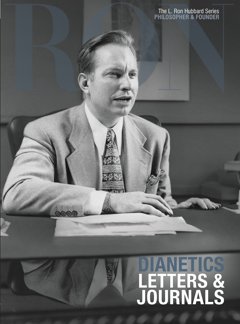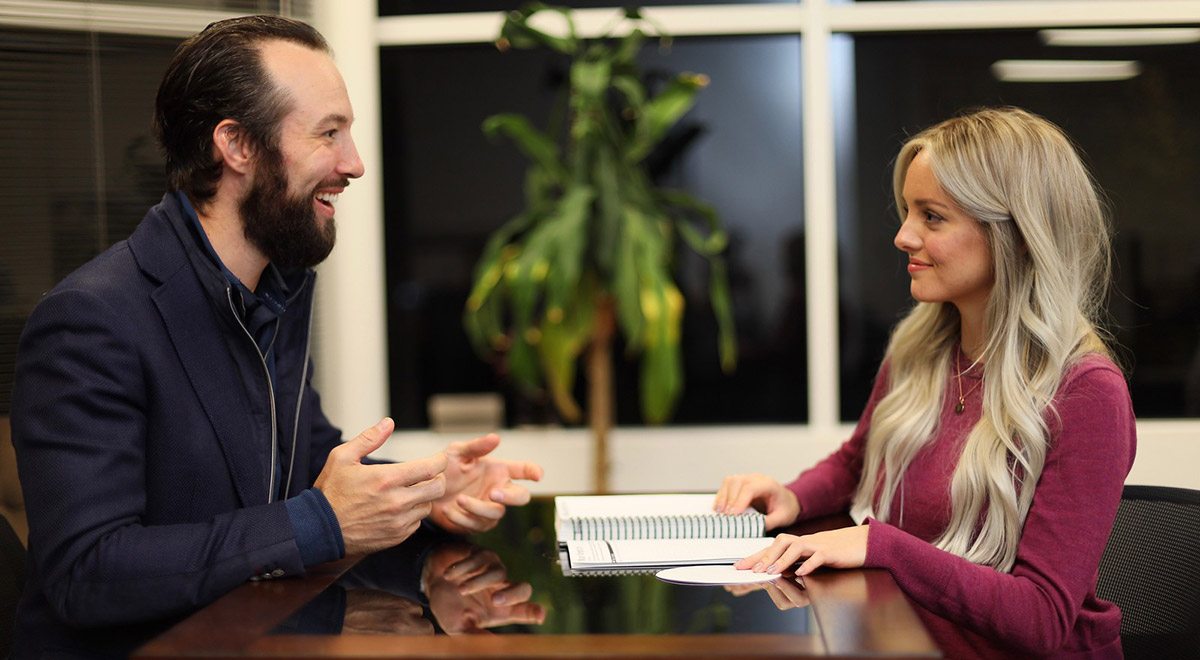Dianetics Things To Know Before You Get This
Table of ContentsThe Of DianeticsSome Known Factual Statements About Dianetics About DianeticsWhat Does Dianetics Do?
I couldn't ever not wish to receive anything that enters your mind for you- if it was or else, I would not be sitting right here with you, doing this. I not only might never ever have a problem, or not wish to hear something that comes to mind for you, however I'm entirely anxious to know every concept, every thought, every picture or feeling that arises or shows up for you- don't ever before believe or else, and if for some reason you do, please just let me recognize! In some cases, you might have a thought, and image, idea or occurrence turn up that does not seem to respond to the concern, or connect to it, yet however, constantly do tell me regarding it, and as we proceed, the importance will emerge for you.This is integral in the basis of handling, and the subject of this discussion: the basic roles of the counselor and the customer: The fundamental duty of the counselor is, in contrast to "standard training", not to manage, which means to implement and/or hinder, yet to rather work from the basis of EMPOWERING THE CLIENT.

Some Known Questions About Dianetics.
John Mcmasters expressed this basic truth incredibly well in among his lectures on Power handling, wherein he discusses how he was asked what this "special flair" was that he had for providing such great sessions; he needed to consider that for a moment, and identified that it was what he wasn't doing, as well as what he was doing: he had not been assessing, evaluating, computing, or in reality, creating any kind of ideas, let alone spoken expressions, after giving the command and while waiting for the PC to finish their solution to their contentment; he was, simply and just, existing with the computer, and totally interested.
The role of the counselor, showed; that was his "special propensity". I have had my own experience which taught me this well, really early on in the video game. In 1982, having actually recently completed my training and internship on New Age Dianetics, I was running you could check here this on a COMPUTER, and there was a factor in the session where (being a little bit damp behind the ears not yet having numerous hours under my belt as a professional auditor) the PC appeared to be "taking as well long" to share anything verbally after I offered him a command.
This trick became the most valuable payment that John ever before made to the subject of treatment or bookkeeping (Dianetics). In my modest viewpoint, it is the best contribution that anybody has actually ever before made to these subjectsthe application is totally non-judgemental, non-evaluative, and lacking any suggestion, suggestions or opinion.no preconceived agenda for individuals, or 'levels' that they have to do
In Idenics, the only source of info regarding a customer is the specific client. In Scientology we prided ourselves on not assessing for people. All that truly indicated was that the auditor did not Vocally examine for the Computer in session. The registrars and values policemans examined for the PC.
Some Known Factual Statements About Dianetics

Any individual that had ever seen John audit can not assist but discover a distinct top quality in his bookkeeping."The customer's standard duty is to be there with the objective of relocating the direction of their spiritual goals, and to openly and totally share and experience whatever manifests for them in responding to the concerns and carrying out the directions in the handling.
This is something to process as needed. Likewise, people regularly have previous experience and/or brainwashing in auditing/processing which, in some means, and to some degrees, really misguides them right into attitudes, concepts and actions patterns that stop the full awareness of these roles, and so they will certainly tend to inhibit the expressing of what comes to mind, as in the examples given above - Dianetics. * The first, and maybe foremost examples of mis-indoctrination resulting in much less than entirely smooth and effective sessions, can be site link found in specific elements of the training routines, or "TR's":"TR's" are frequently an individual's first, or at the very least early, experience in Scientology, and while I will take place to clarify what I view as the flaws in principle and practice, however, have a tendency to be substantially therapeutic, done as additional reading they are offered (Hubbard insists that "TR's are not processing, they are educating", but factually, they are both handling AND training)
Alan Walter made similar observations, and boosted on these with his "Visibility Processes". There is no "flunking", and no denial of the reality of this being handling. The emphasis, as it ought to be, gets on experiencing the various other individual's presence. All the indications which get a "flunk" in doing "TR-0" are simply the being's efforts to withstand the other individual's presence, and as opposed to being pestered and badgered with "Flunk", which imposes "failing!" on the being, one merely needs to be urged to "stick their feet in the water a little deeper", to increasingly rehabilitate their capacity and determination to fully share and experience "being here", or "existence", with others.
Dianetics - Questions
